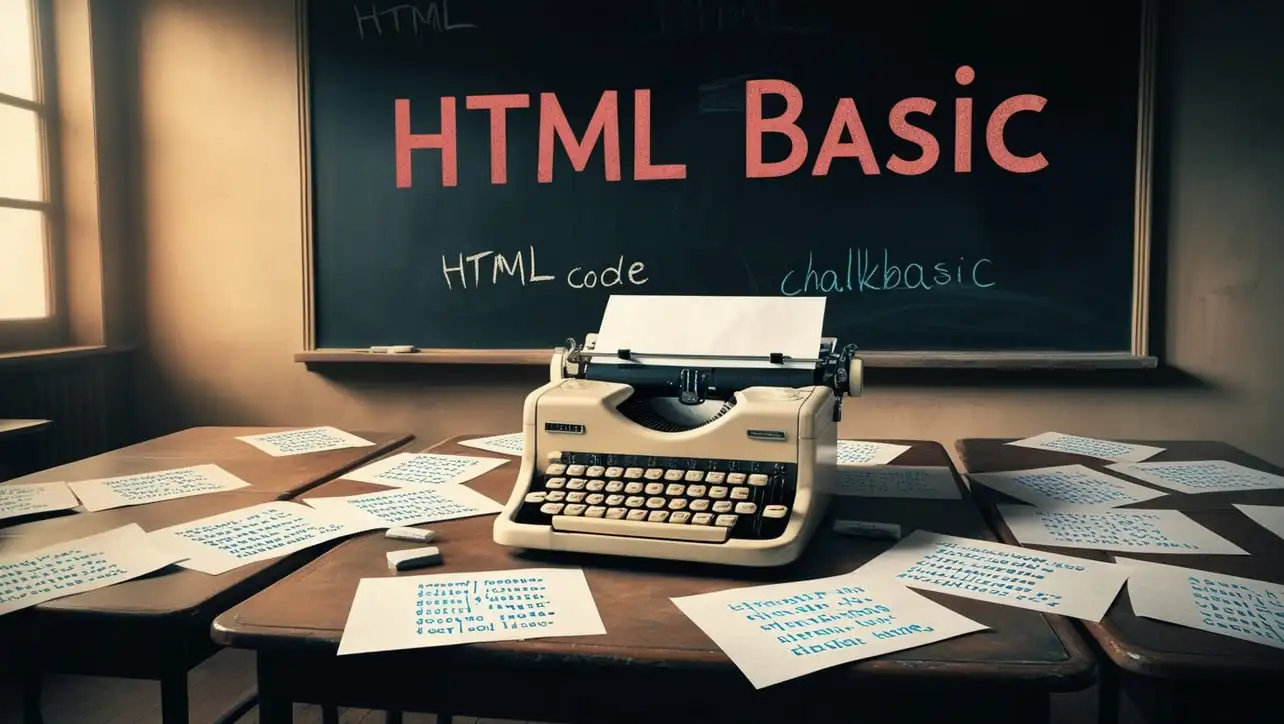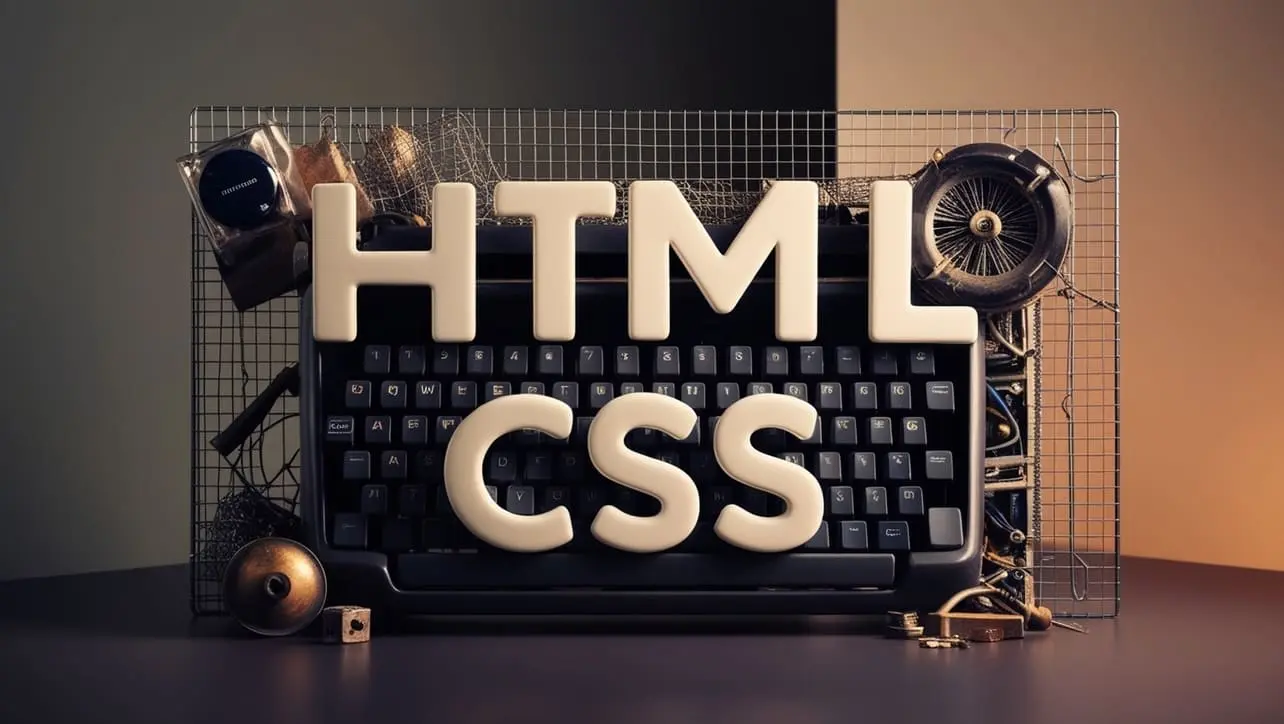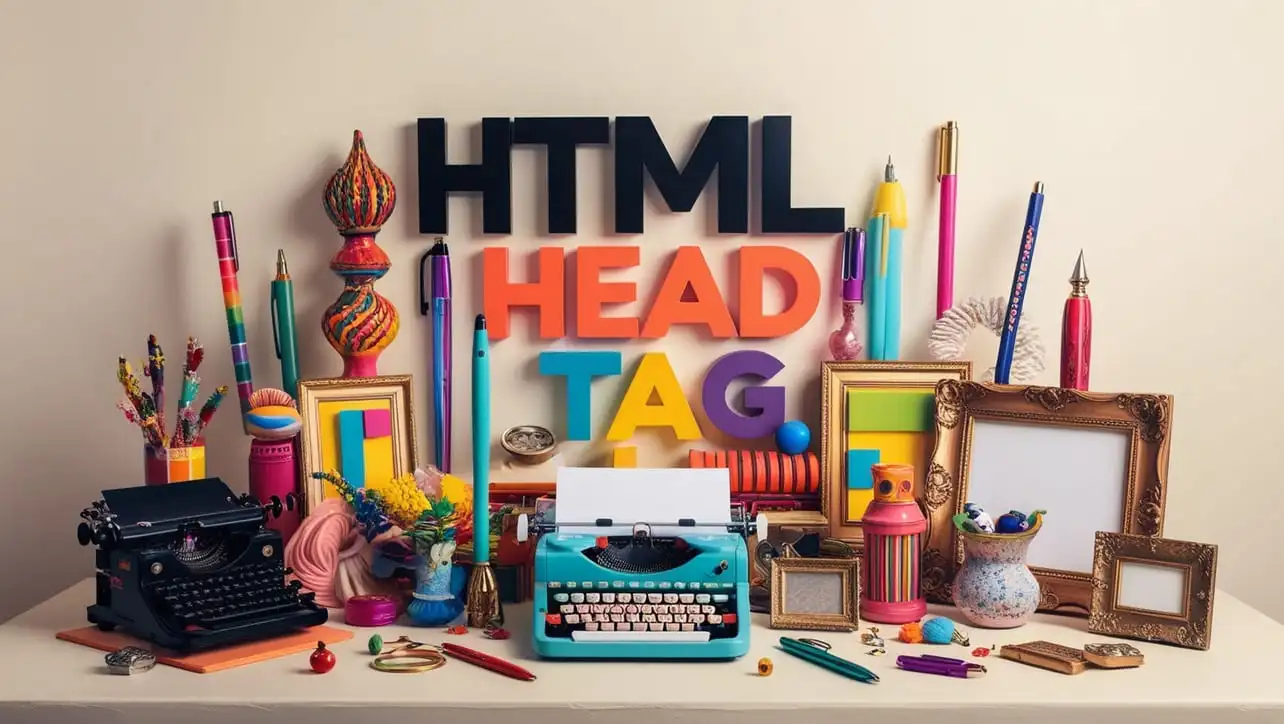
HTML Topics
- HTML Intro
- HTML Basic
- HTML Editors
- HTML CSS
- HTML Tags
- HTML Deprecated Tags
- HTML Events
- HTML Event Attributes
- HTML Global Attributes
- HTML Attributes
- HTML Comments
- HTML Entity
- HTML Head
- HTML Form
- HTML IndexedDB
- HTML Drag & Drop
- HTML Geolocation
- HTML Canvas
- HTML Status Code
- HTML Language Code
- HTML Country Code
- HTML Charset
- MIME Types
HTML Editors

Photo Credit to CodeToFun
Introduction
HTML editors are software applications or tools that allow developers to write and edit HTML code more efficiently. Whether you're working on a simple static webpage or a complex web application, using an HTML editor can speed up your workflow by providing features such as syntax highlighting, code completion, error checking, and live preview.
What Are HTML Editors?
An HTML editor is a program designed to create and edit HTML code. These editors provide a platform to write, modify, and test HTML, CSS, and JavaScript in an organized manner. They can range from simple text editors with minimal features to advanced integrated development environments (IDEs) with support for multiple languages, debugging tools, and version control.
Types of HTML Editors
Text-Based Editors:
Text-based HTML editors allow developers to write code from scratch, offering advanced features for coding but without a visual interface. They are favored by professional developers who prefer full control over the code.
Examples include:
- Visual Studio Code
- Sublime Text
- Atom
WYSIWYG Editors:
WYSIWYG stands for "What You See Is What You Get." These editors allow you to create web pages without directly writing HTML code. Instead, they provide a visual interface where you can drag and drop elements, and the editor automatically generates the corresponding HTML code in the background.
Examples include:
- Adobe Dreamweaver
- BlueGriffon
Key Features of HTML Editors
HTML editors come with several features that make coding easier and more efficient. Some of the key features include:
- Syntax Highlighting: Highlights different parts of the code (e.g., HTML tags, attributes, and values) in different colors for better readability.
- Code Completion: Offers suggestions for HTML tags and attributes as you type, speeding up the coding process.
- Live Preview: Allows you to see the output of your HTML code in real time as you type.
- Error Checking: Automatically detects syntax errors and provides suggestions to fix them.
- Version Control Integration: Some editors, especially IDEs, support Git or other version control systems for collaborative development.
Popular HTML Editors
Visual Studio Code:
Visual Studio Code (VS Code) is a free, open-source editor developed by Microsoft. It is one of the most popular code editors among web developers due to its powerful extensions, customizable interface, and support for multiple languages.
- Key Features: Syntax highlighting, IntelliSense (code completion), debugging, integrated terminal.
- Platforms:Windows, macOS, Linux.
Sublime Text:
Sublime Text is a lightweight, cross-platform code editor known for its speed and simplicity. It offers a minimalistic interface but is highly extensible through plugins.
- Key Features: Fast performance, split editing, distraction-free mode, powerful shortcuts.
- Platforms: Windows, macOS, Linux.
Brackets:
Brackets is an open-source HTML editor developed by Adobe. It is designed specifically for web development and offers features like live preview and preprocessor support for CSS.
- Key Features: Live preview, inline editors, preprocessor support.
- Platforms: Windows, macOS, Linux.
Atom:
Atom is a free, open-source text editor developed by GitHub. Known for its modularity, Atom allows developers to customize nearly every aspect of the editor through packages.
- Key Features: Package manager, smart auto-completion, file system browser, cross-platform editing.
- Platforms: Windows, macOS, Linux.
Adobe Dreamweaver:
Dreamweaver is a proprietary WYSIWYG editor developed by Adobe. It provides both visual design tools and a code editor for creating responsive websites.
- Key Features: Visual design tools, code editor, live view, support for multiple languages (HTML, CSS, JavaScript).
- Platforms: Windows, macOS.
Online HTML Editors
In addition to traditional desktop HTML editors, there are also online editors that can be accessed through a web browser. These are ideal for quick edits or for those who don't want to install software on their computers.
Popular online HTML editors include:
- CodePen: A social development environment for front-end designers and developers.
- JSFiddle: A playground for testing and sharing HTML, CSS, and JavaScript snippets.
- JSBin: A web app for writing, testing, and sharing JavaScript and HTML code.
Best Practices for Choosing an HTML Editor
- Consider Your Workflow: Choose an editor that fits your coding style, whether you're a beginner needing visual tools or an experienced developer looking for speed and flexibility.
- Look for Extensibility: A good HTML editor should offer the ability to install plugins or extensions to add functionality.
- Cross-Platform Support: If you work on multiple operating systems, choose an editor that works across platforms (Windows, macOS, Linux).
- Customization: Opt for an editor that allows you to customize the user interface, key bindings, and themes to match your preferences.
- Community Support: Select an editor with an active community, as it ensures regular updates and a wide array of third-party plugins.
Conclusion
Choosing the right HTML editor can significantly improve your productivity and coding experience. Whether you prefer a simple text editor or a feature-rich WYSIWYG editor, there are plenty of options available to suit different needs and skill levels. Experiment with a few editors to find the one that best aligns with your workflow and project requirements.
👨💻 Join our Community:
Author

For over eight years, I worked as a full-stack web developer. Now, I have chosen my profession as a full-time blogger at codetofun.com.
Buy me a coffee to make codetofun.com free for everyone.
Buy me a Coffee












If you have any doubts regarding this article (HTML Editors), please comment here. I will help you immediately.